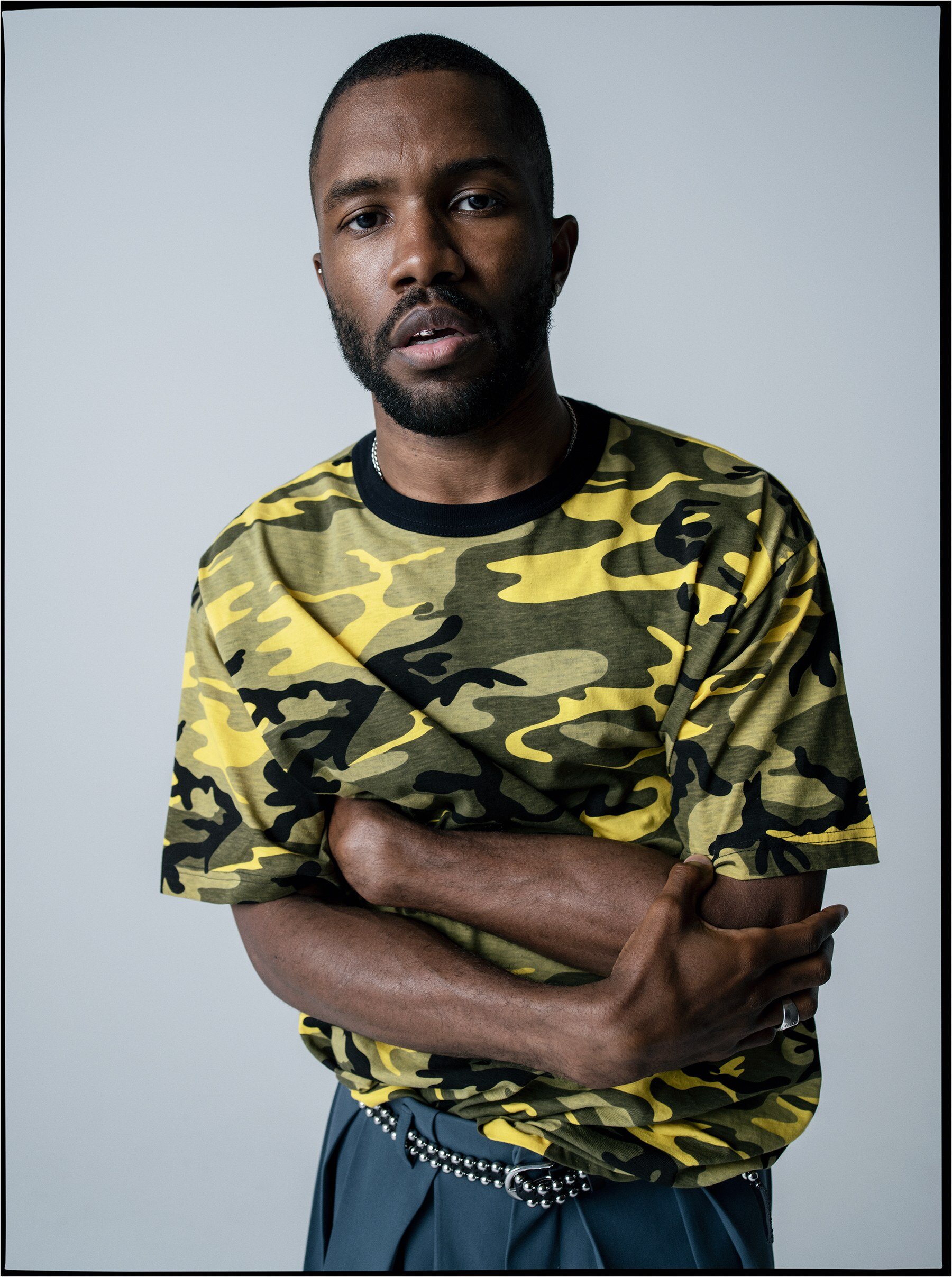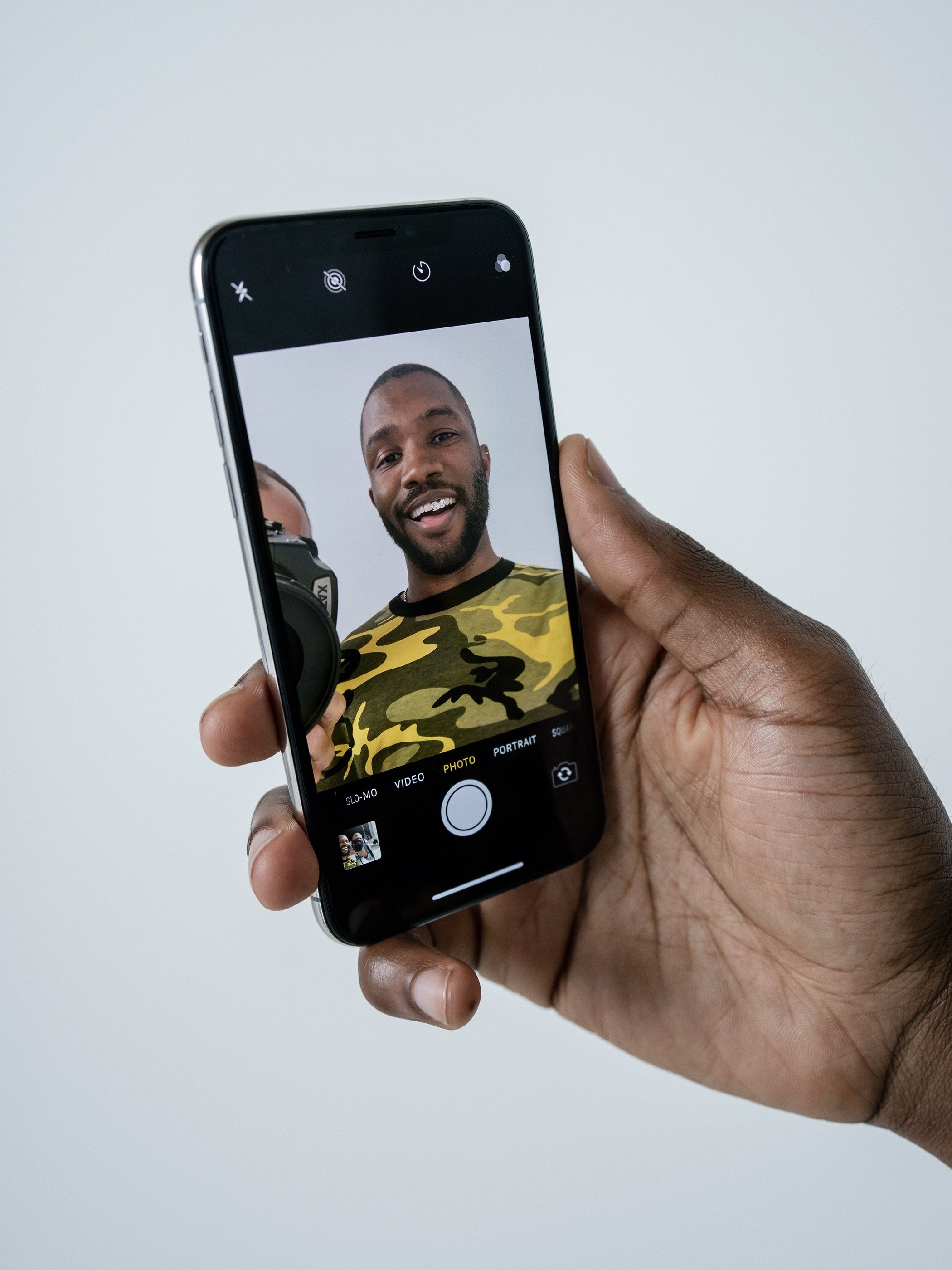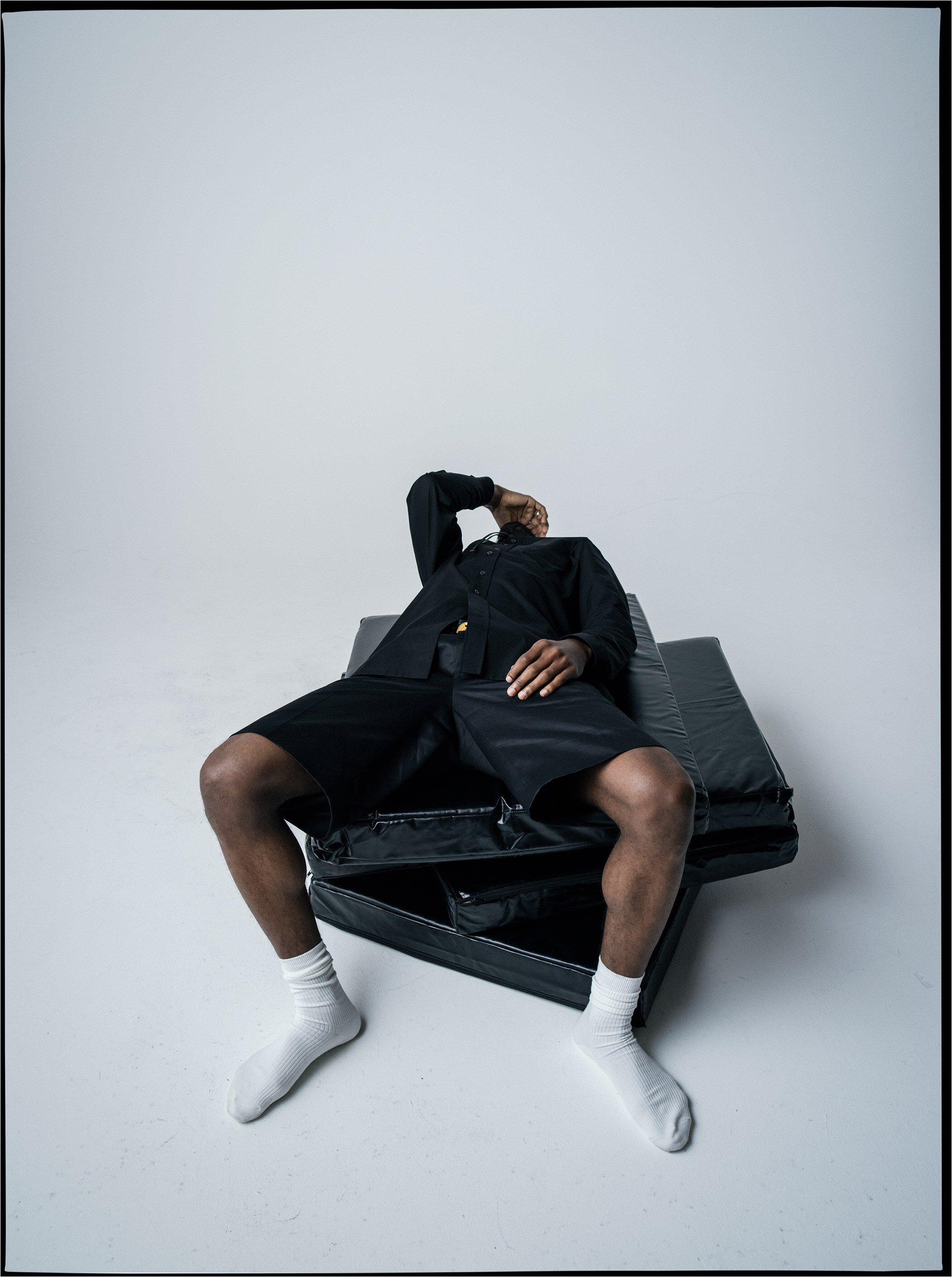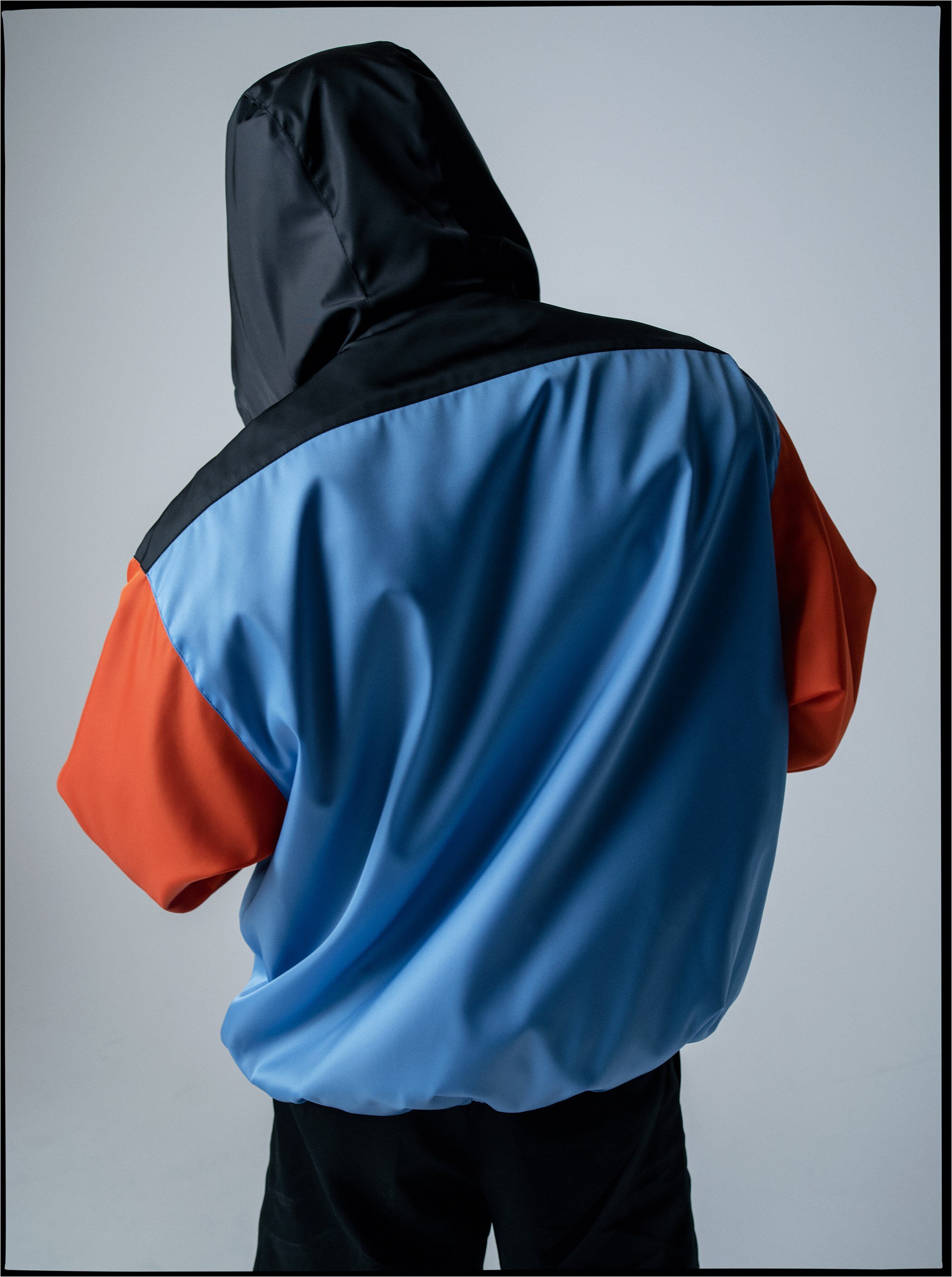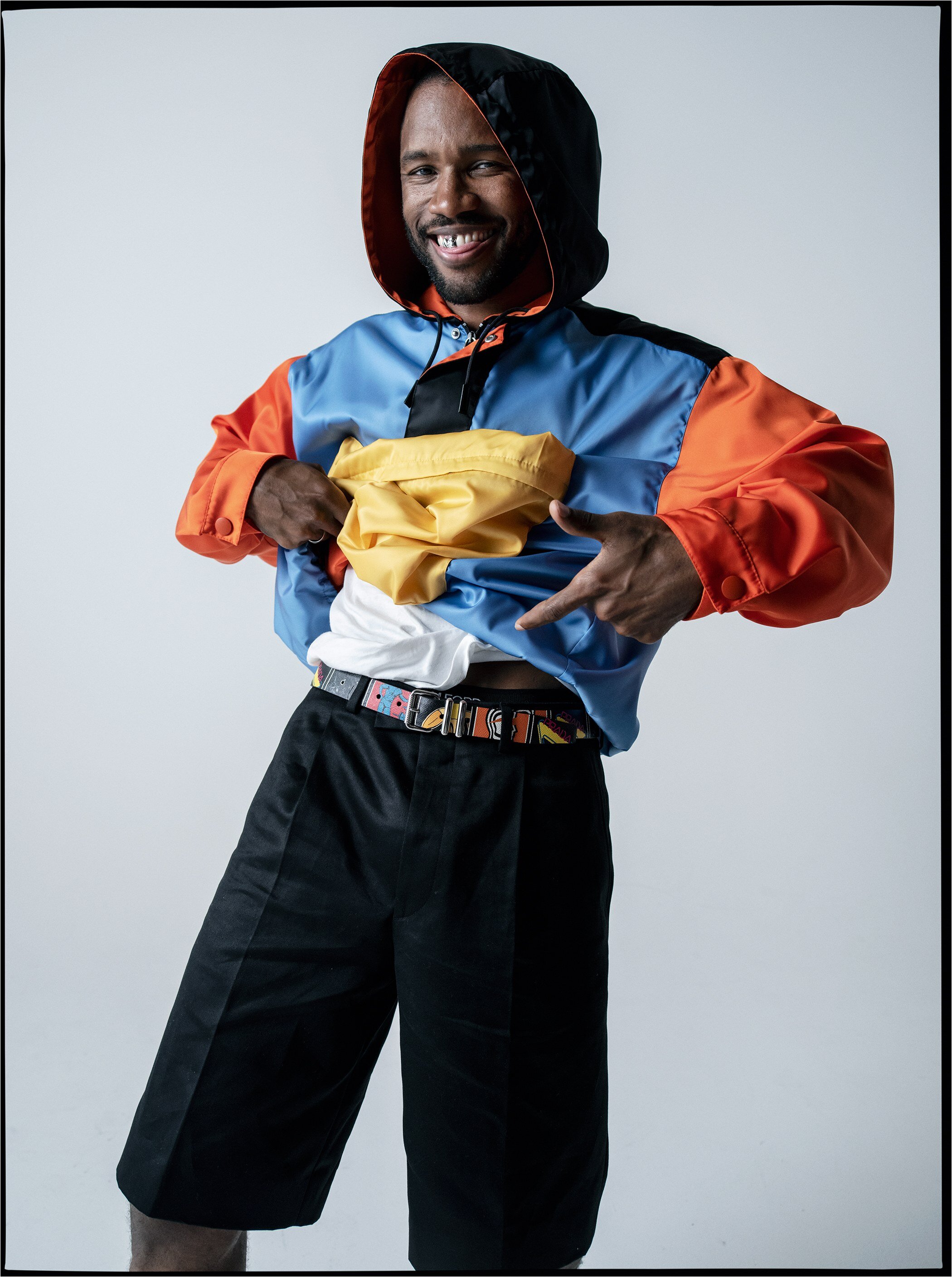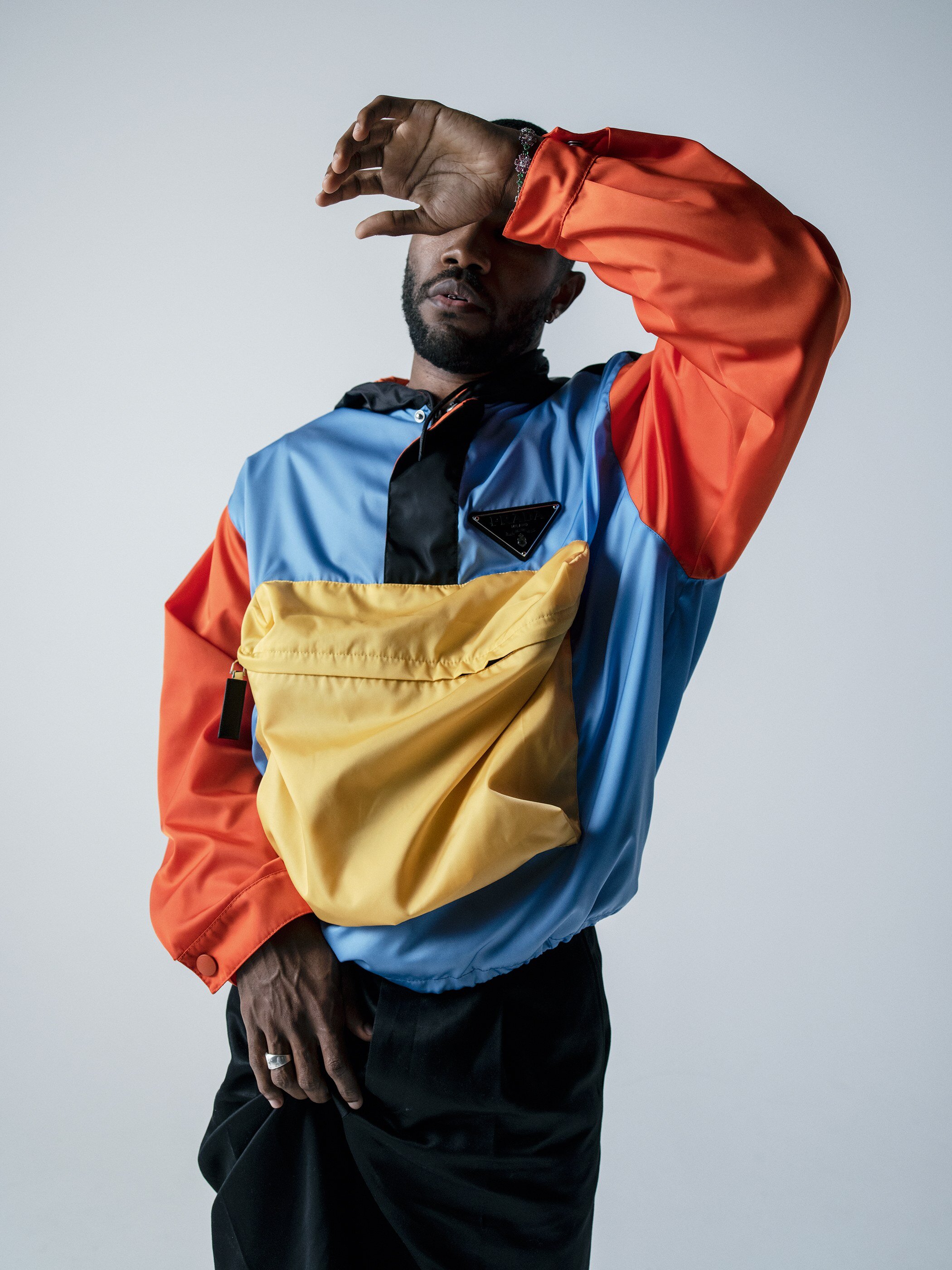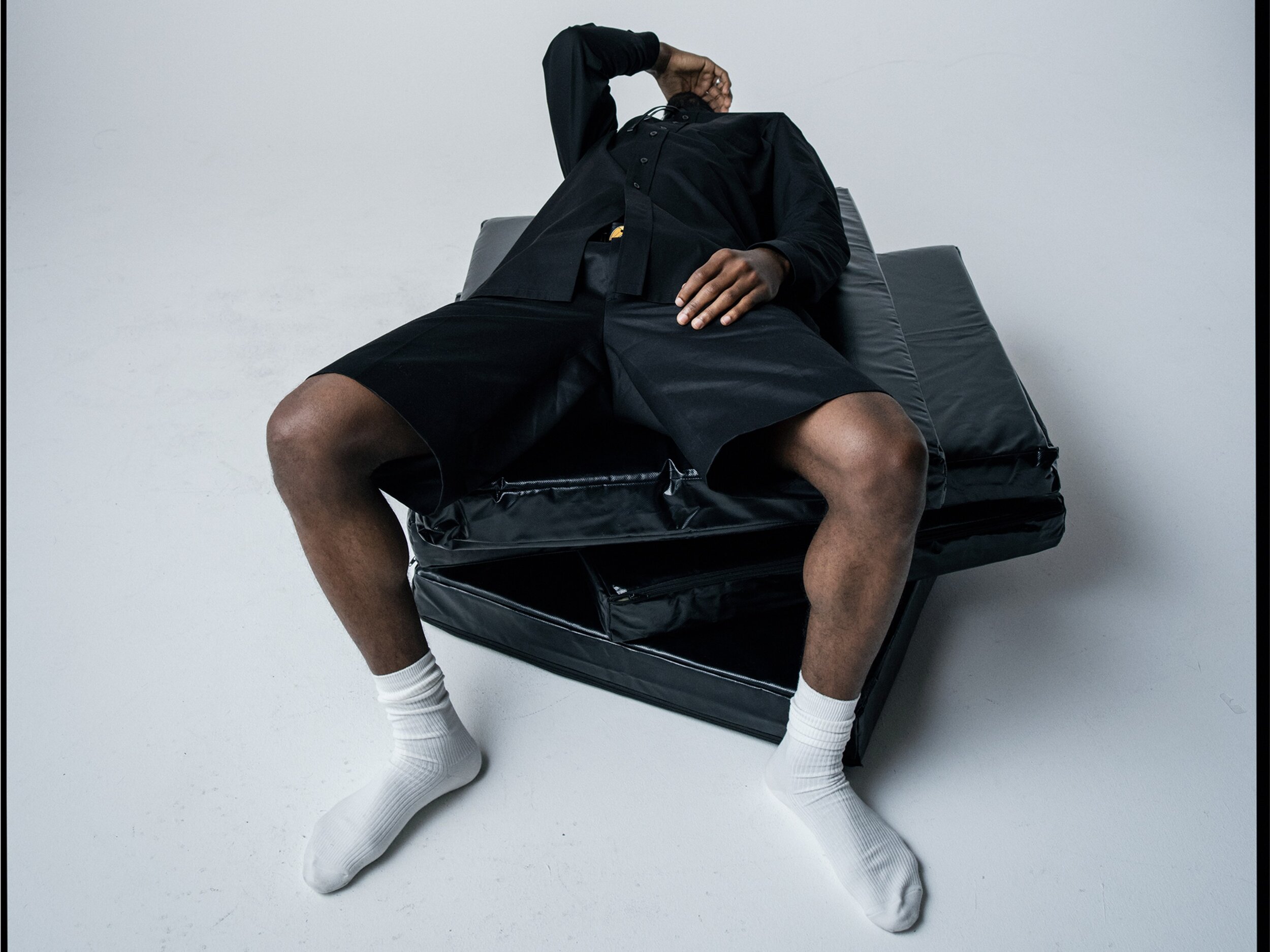Frank Ocean covers W Magazine
Photo: Time Walker / W Magazine
Frank Ocean is the latest cover star of W Magazine. In the issue, on stands today, is a cover story and interview by Diane Solway with photos by Tim Walker.
The interview covers Frank’s interest in the nightlife at clubs, his childhood, themes in his new music, how he collaborates, his fashion sense, and more. Here are some highlights:
What are you looking at and thinking about these days?
I’ve been interested in club, and the many different iterations of nightlife for music and songs. And so the things I look at now have a lot to do with those scenes: Detroit, Chicago, techno, house, French electronic…
What were you like as a kid in middle school, growing up in New Orleans?
I was outside, always. I was pretty precocious. In New Orleans you live really close to your family. My uncle lived down the street, my cousins, and my older cousin, my auntie lived a few blocks way. And we didn’t, you know, have a ton of money. So let’s say one month the water’s off or one month the power’s off down the street. My cousins would be at the house with me for that time. And my friends would be there a lot. It was just the hangout in the neighborhood. I liked that.
What gave you the desire to pursue music as a career?
It was a driver to get out of the neighborhood. I remember feeling no attachment to music necessarily, more an attachment to what music could bring if I succeeded, you know, financially. And that meant freedom from my situation at the time, and maybe what I was projecting onto my own future.
You now have this major platform as an artist and your own cultural power. For the 2018 midterm elections, you made T-shirts to reward people in swing districts who could prove they’d voted. How do you personally incentivize people to vote or to care?
The stakes are high. I would replace the word “responsibility” with “opportunity” when it comes to voting, because you have the right to do nothing, but you have an opportunity to do so much more. It’s simple to go vote; it’s complicated to galvanize votes. I’d like to have as many schemes as possible. There’s truth to this idea that every generation has something really big to be afraid of—at least one thing that affects their survival or their quality of life. I don’t think that we’ve reached a point where I no longer have a choice but to be pessimistic. I still think I have a choice to be optimistic about the possibilities.
Are there any new projects that you’re working on?
My answer to that is that I’m always working on music and other things. Right now I’m working on doing four underwater laps in the pool.
What are some of the themes or ideas you’re exploring in your new music?
I believed for a very long time that there was strength in vulnerability, and I really don’t believe that anymore. “Strength” and “vulnerability” sound opposite as words. And so to combine them sounds wise, but I don’t know if it is wise. It’s just this realization that hit me: “Oh, right, it’s a choice whether you will be truthful or a liar.” If I start to tell a story and then I decide not to tell the story anymore, I can stop. It’s my story. The expectation for artists to be vulnerable and truthful is a lot, you know?—when it’s no longer a choice. Like, in order for me to satisfy expectations, there needs to be an outpouring of my heart or my experiences in a very truthful, vulnerable way. I’m more interested in lies than that. Like, give me a full motion-picture fantasy.
Are you still distrustful of storing any creative work online?
I’m working with a string arranger right now in Rio, and every time we go back and forth, because I don’t put things on the Internet, I have to send a drive with someone to Rio, or I have to go myself.
Are you moving in any new directions?
Toying with format is interesting right now. Because technology for a long time has dictated what the format is, and as punk as we want to be, we’re all kind of existing as recording artists inside of a technology, whether it’s the software we record and edit our music on, or whether it’s the medium that we press our music to distribute it. But the medium—the CD, vinyl set, or whatever—has moved to an intangible, and there’s no 45-minute limit, 60-minute limit, or 120-minute limit. It’s just so elastic. And you don’t have a lot of people doing it that way, because in a lot of the contracts of today with the labels, there’s an expectation to turn in a set amount of albums. That’s really an arbitrary limitation. That’s not state-of-the-art. I hear rappers talk about their business savvy and their independence in songs. And I think the more of that, the better. The idea of being able to have a decent life living off just a thousand fans who are invested in you and will purchase what you make is only possible with ownership of the business.
Any other kinds of projects you’re working on besides music?
I think for a while I’d like to get away from work that’s solitary by nature. I’ve never been in a band or had a songwriting partner or been with a group, so it’s always been a lot of time on my own writing and doing the work. I like the parts of the process where I work with session musicians or with other record producers or featured artists and guest vocalists. I’ve been trying to make time to do more of that sort of thing, and be in spaces where I’m not the expert.
What are you doing in the next few weeks?
I’ll be shooting a photo series project that I’m doing in collaboration with another visual artist. I can’t say who it is yet, but he’s supertalented, and I’m playing a character in this sequence about a particular music industry practice that’s been going on for a long time. It’s a narrative in photos, and I want the edit to be really tight. But I think it’ll be cool. I’m excited about it.
Find a gallery of Tim Walker’s photos below. Read the full piece on W Magazine’s website.
